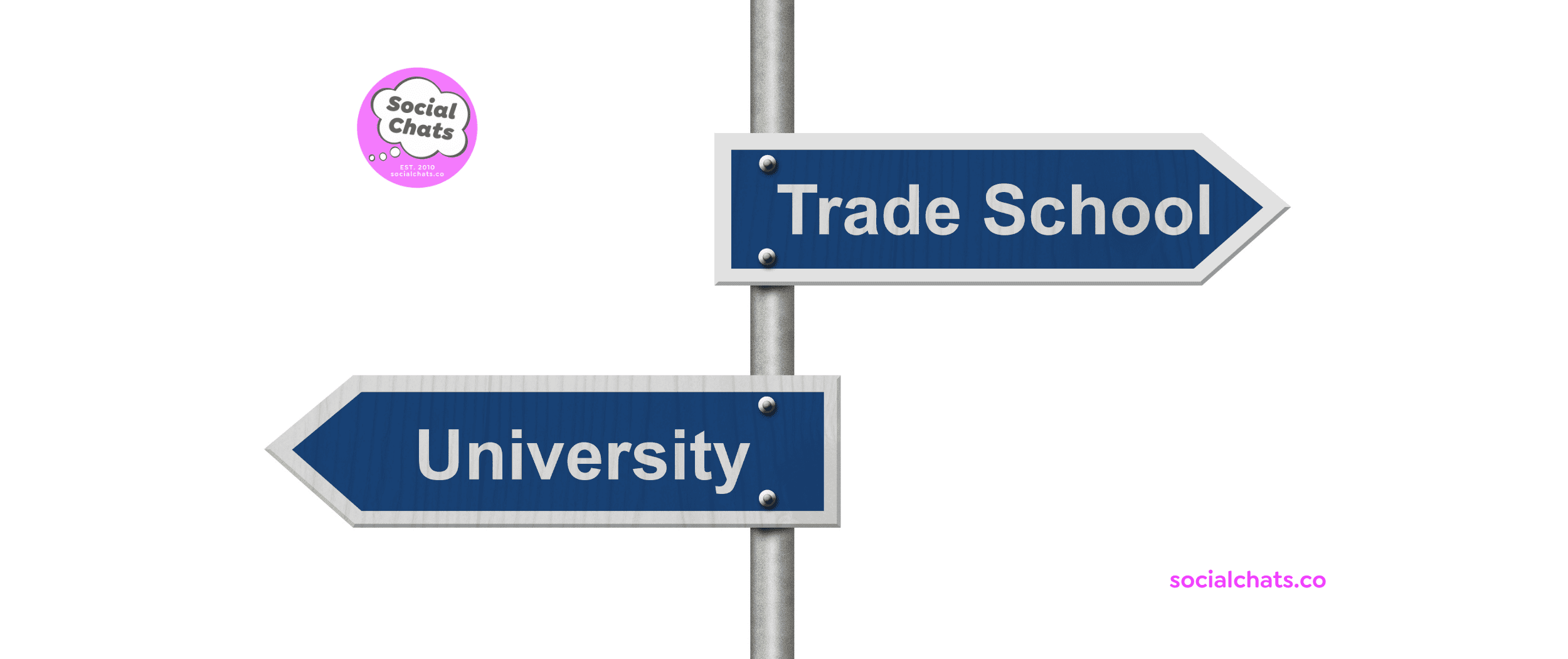

While college is an almost mandatory part of the American lifestyle (if you listen to the older generations, it is compulsory), many in recent times are starting to question that choice. With the rising cost of college and lowered payoff, many seek alternatives to getting into the job market. One of these alternatives is a vocational school.
First up, what is the difference in timing between the two schools? Bachelor’s degrees at college take four years, with a particular focus being chosen by most (the majors that everyone talks about). These can be embellished with smaller specialties (or minors). Trade schools only take two years or less, depending on the vocation.
Vocational schools are focus on the fundamental aspects of the career that one would be studying for. These are practical skills and knowledge that can be directly applied to the field of work. Colleges often make students take a wider variety of classes to make them more rounded. However, this can lead to less practical skills developed when working towards the Bachelor’s degree.
Perhaps the most significant advantage that colleges have over vocational schools is the path to higher education. Rarely can one go from vocational training into a Master’s or Doctorate program, if ever? It means that college is the only option if someone has a goal of working in these higher fields.
The most significant advantage that vocational school has is the practical skillset developed for immediately entering the field of work and being proficient at it. Suppose someone knows what they want to do. They have no interest in pursuing higher education practices (which is perfectly valid, contrary to what many in the United States believe). In that case, vocational school is the correct choice.
Both schools are valid paths into the job market, and one should not be view as inherently superior to the other.
WRITTEN BY
Social Chats
Social Chats is a multimedia and entertainment company. It’s a division of kNOw Aging, inc. a communications consultancy.









